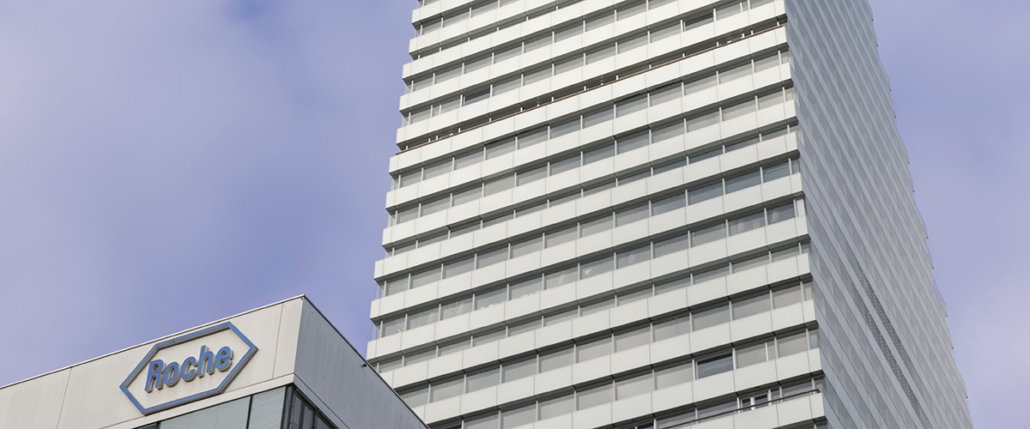
Roche combo doubles RCC survival vs sunitinib
A combination therapy of Roche's checkpoint inhibitor atezolizumab plus its VEGF blocker bevacizumab doubles median progression-free survival (PFS) compared to sunitinib, the standard care in renal cell carcinoma (RCC).
It was the first proof-of-concept combination study in the immuno-oncology space that proved Roche’s combo to double mOS vs standard of care as first-line therapy in locally advanced or metastatic renal cell carcinoma. Roche said it will go ahead with the combination into Phase III tests in treatment-naive RCC patients. Results were presented at the 2017 Genitourinary Cancers Symposium in Florida.
In direct comparison to PFS, sunitinib (7.8 months) monotherapy was superior over Roche’s PD-L1 checkpoint inhibitor atezolizumab (5.5 months). 60 patients whose tumour overexpressed PD-L1 (programmed death-ligand 1) and who were treated with atezolizumab plus bevacizumab, however, showed a statistically significant (36%) reduction in median progression-free survival compared to 58 people treated with sunitinib alone (14.7 vs. 7.8 months). Results in the intention-to-treat population’s showed no significant PFS advantage compared to sunitinib (mPFS: 11.7 vs. 8.4 months). Median Duration of Response (DoR) has not yet been reached after 20.7 months of follow-up across treatment arms.
In regards to its mechanism of action, bevacizumab is believed to support infiltration of cancer-specific T cell into the tumour. There, atezolizumab can loosen the brakes the tumour has put on T cells. However, this seems to be limited to RCC patients that overexpress PD-L1, which could be used for patient selection prior to therapy.
Adverse events in the atezolizumab plus bevacizumab arm were consistent with those observed in previous studies of each medicine. These Phase II results support the scientific rationale for potentially combining Tecentriq and Avastin in people with this type of kidney cancer, said Sandra Horning, Chief Medical Officer and Head of Global Product Development at Roche. There is a significant need for new treatment options for people living with advanced RCC, a disease where currently only about one in 10 people are alive beyond five years following diagnosis.
A study of Tecentriq as adjuvant treatment for RCC began enrolment earlier this year.


 Immunic/Nela Dorner
Immunic/Nela Dorner
